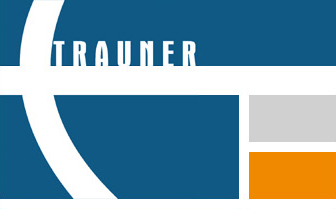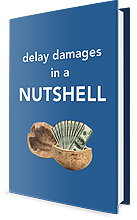What’s The Best Way To Measure Delays In Construction That Have Already Occurred?

Hint: It doesn’t involve a Delorean!
You should use the time impact analysis approach I wrote about in the last Ideas & Insights as a technique to measure delays that haven’t occurred yet. You are contemplating a change. You haven’t actually executed the change. The contractor hasn’t performed the change work. You’re just trying to figure out if that change might delay the project. It would be part of the change, or the proposal, or change order request.
What do you do if the project has already been delayed? What if you’re looking in hindsight? Like, for example, say you’ve experienced a weather-related delay in construction like one that Superstorm Sandy may have caused in late October 2012. Use a contemporaneous analysis when evaluating delays that have already occurred.
A contemporaneous analysis is exactly what it sounds like. It’s an evaluation of the contemporaneous project schedules, tracking the critical path from update to update, identifying each and every critical delay, and thus being able to identify how something like Sandy may have affected your project. That’s a contemporaneous analysis.
You don’t analyze delays in a contemporaneous analysis by modifying the schedule. When doing a contemporaneous analysis, you analyze delays by looking at the history of the project and how the project work is unfolding. You’re tracking the critical path.
Let me give you an example. Let’s say excavation is critical. Excavation is supposed to finish in five days. Because of Sandy, it took 10. The difference is five. The impact of Sandy on the critical path was a five-day delay to excavation. All of that information is in the schedule. You don’t have to develop a time impact analysis in order to find it.
If you want more information on how to perform a contemporaneous analysis (or evaluate delays in construction), e-mail me at scott.lowe@traunerconsulting.com.
Scott Lowe is a Principal of TRAUNER and is an expert in the areas of critical path method scheduling, construction claim preparation and evaluation, and specification writing. He can be reached at scott.lowe@traunerconsulting.com.
If you liked this article, be sure to sign up on the left side of our website to receive our Ideas & Insights in your email. Be sure to check your email after signing up!
Click here to get our free book on delay damages.

